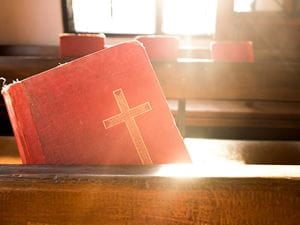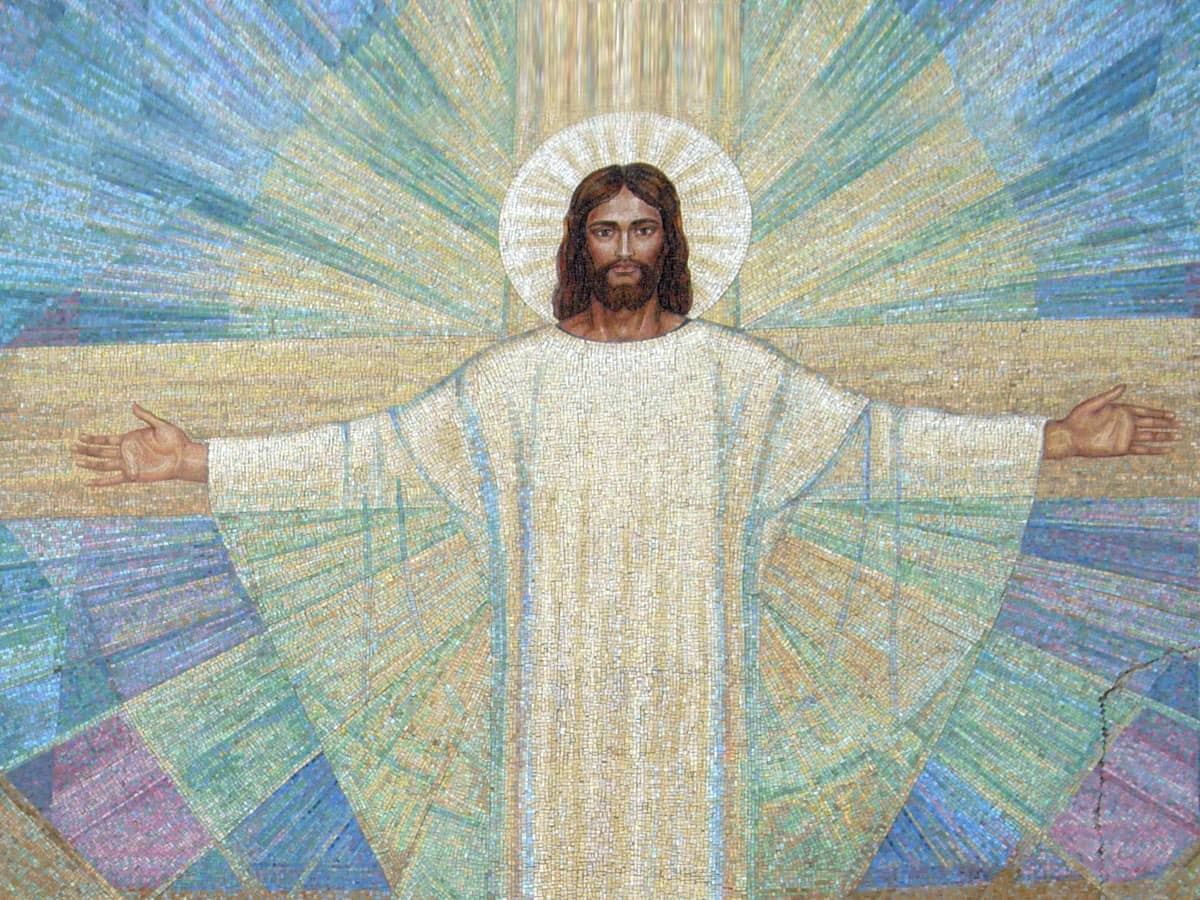
shutterstock.com
From the psalms to modern Christian rock, music has always played a part in Christian worship. Some songs, however, have a longer history than others. Many of the best known Christian hymns have a story behind them that deeply influenced the author of the hymn and often the hymn itself. Here are the little known origins of five very well-known Christian hymns.
"Amazing Grace"
“Amazing Grace” is perhaps the best known Christian hymn of all time. The simple melody and powerful lyrics make it popular at everything from church services to Relay for Life events to concerts.“Amazing Grace” was written in 1779 by John Newton. Newton was born in 1725 and pressed into service in the Royal Navy when he was younger. After eventually managing to desert, he began a career as a slave trader. Newton made enemies out of many of his fellow sailors and was eventually imprisoned at sea and sold into slavery himself. After being rescued by his father, Newton continued to make enemies and work in the slave trade. Though Newton did not leave the slave trade for years, Newton began to seriously consider his relationship with God in March 1748 when a violent storm struck his ship. Newton and another crew member tied themselves to the pump in order to keep from being swept overboard and worked for hours to keep the ship from sinking. Newton and his crew managed to reach Ireland safely, and Newton began to question if he was worthy of God’s mercy as he had spent years mocking others’ faith.
Newton finally left the slave trade at the age of thirty and began working as a customs agent in Liverpool. In 1764, Newton was ordained and began to preach in Olney, Buckinghamshire. It was there that Newton wrote “Amazing Grace” in 1772. The song migrated to the United States and became a staple of church music during the Second Great Awakening. The tune now associated with “Amazing Grace” would not be created until after Newton’s death, but the famous lyrics were pulled from Newton’s experience as human scum, a slaver, who was still redeemed by God’s grace.
"Be Thou My Vision"
“Be Thou My Vision” has its roots in early Ireland. In the sixth century, the blind poet Dallan Forgaill, also called St. Dallan, wrote the prayer that would later become “Be Thou My Vision.” Supposedly, St. Dallan was inspired by his lost sight to write the first line of the hymn. According to legend, St. Dallan later recovered his sight after he wrote a poem praising St. Colomba.Though it gained popularity in its Old Irish form, “Be Thou My Vision” was not translated into English until 1905. The translation was rendered by Mary Byrne, but the song was not versified until 1912. After that, it quickly found a place in English Christianity and remains popular to this day.
"A Mighty Fortress Is Our God"
Also known as “The Battle Hymn of the Reformation” and “The Marseillaise of the Reformation,” “A Mighty Fortress Is Our God” was written by the man who kick started the Protestant Reformation, Martin Luther. Luther wrote “A Mighty Fortress Is Our God” in 1527, 10 years after he nailed his famous 95 Theses to the door of Wittenberg Castle church. The lyrics of the hymn are based on Psalm 46, but scholars are unsure where the famous melody originated. There is mounting evidence, however, that Luther composed the song as well as wrote the lyrics.The hymn became closely associated with Luther both during the Reformation and after Luther’s death. It was supposedly sung by Protestants who were leaving for exile or execution during the 16th century, and it has become so deeply connected with Luther in the modern age that the first line of the lyrics is engraved at the base of a monument to Luther at Wittenberg.
"Come Thou Fount of Every Blessing"
Robert Robinson was not the person that anyone would have expected to write such a devout hymn as “Come Thou Fount of Every Blessing.” A mischievous child, Robinson was sent to become an apprentice at the age of 14, but instead of working, he drank, gambled and caused trouble. One night, he decided to cause trouble at an evangelist meeting. Robinson and his friends planned to heckle the preacher and give the other attendees a hard time. Robinson, however, ended up having a very different experience at the meeting than the rabble-rousing one he expected. The words of the preacher, George Whitfield, struck a chord in Robinson. Deeply moved by Whitfield’s words and his own experience, Robinson entered the clergy at the age of 20. Two years later, he wrote the hymn “Come Though Fount of Every Blessing” for a Pentecost celebration in 1757 based on his own memory of “Jesus [seeking him] when [he] was a stranger, wandering from the fold of God.”"All Creatures of Our God and King"
St. Francis of Assisi is generally credited as the author of “All Creatures of Our God and King.” The lyrics of the hymn are often said to be based on St. Francis’ 1225 poem, “Canticle of the Sun,” but there are many differences between the poem and the hymn’s lyrics. Both the “Canticle of the Sun” and “All Creatures of Our God and King,” however, are based on Psalm 148. The similarities between the psalm and poem and the psalm and hymn are much more obvious than those between the poem and hymn.The lyrics of “Canticle of the Sun” were paraphrased by William Draper and set to music around the turn of the 20th century. In 1906, Ralph Vaughan Williams published the version of “All Creatures of Our God and King” that is used today.
Music has always been a part of Christian worship, and many Christians today cannot imagine a service without a few of their favorite hymns. While there is no denying the importance of the hymns themselves, the stories behind the creation of those hymns has just as much power to move believers as the hymns themselves. After all, it was the forces that inspired the hymns that make the lyrics so authentic and give those songs the power to speak to a Christian’s very soul.

